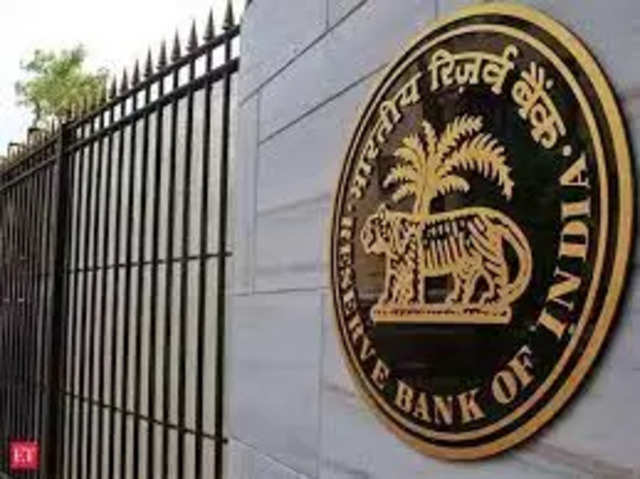The Reserve Bank of India (RBI) has recently unveiled draft guidelines for web aggregators of loan products, aiming to regulate and enhance transparency in the digital lending space. These guidelines come amidst growing concerns regarding the proliferation of online lending platforms and the need to protect consumers from predatory practices.
The draft norms outline various requirements for entities acting as web aggregators, which essentially serve as intermediaries connecting borrowers with lenders. Here’s a breakdown of the key provisions:
Eligibility Criteria: The RBI proposes that only companies registered under the Companies Act, 2013, with a net worth of at least ₹25 lakh, will be eligible to operate as web aggregators. This criterion aims to ensure the financial stability and credibility of these entities.
Registration and Compliance: Web aggregators would need to register with the RBI and comply with certain regulatory requirements. This includes adhering to the Fair Practices Code and outsourcing guidelines issued by the RBI.

Source:- BBC news
Disclosure and Transparency: The draft norms emphasize the importance of transparency in loan product offerings. Web aggregators are required to disclose all fees, charges, and terms associated with the loans they facilitate. This aims to empower borrowers with clear and comprehensive information to make informed decisions.
Source:- news 18
Data Security and Privacy: With the increasing digitization of financial services, safeguarding customer data becomes paramount. The guidelines mandate web aggregators to ensure the security and confidentiality of customer information, aligning with prevailing data protection regulations.
Grievance Redressal Mechanism: To address customer complaints effectively, web aggregators must establish robust grievance redressal mechanisms. This includes designated grievance officers and prompt resolution of customer grievances.
Ceiling on Charges: The draft norms propose imposing a ceiling on the charges that web aggregators can levy on borrowers. This measure aims to prevent excessive fees and ensure affordability for consumers.
Risk Management Framework: Web aggregators are expected to implement adequate risk management frameworks to assess the creditworthiness of borrowers and mitigate risks associated with lending activities.
Overall, the RBI’s draft norms for web aggregators of loan products signify a proactive approach towards regulating the digital lending ecosystem. By setting clear guidelines, the central bank seeks to foster a fair, transparent, and responsible lending environment, ultimately safeguarding the interests of consumers.
Share your views in the comments

